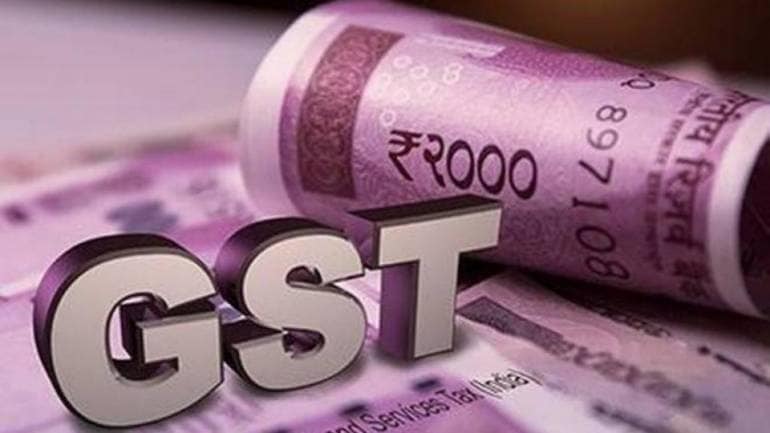Move comes after HC plea challenges ‘power to arrest’, ‘punishment for certain offences
The Delhi High Court has upheld the controversial provisions in the Central Goods and Service Tax (CGST) Act that gives power to authorities to arrest any person if there is “reason to believe” that he has committed tax evasion.
A Bench of Justice Manmohan and Justice Sanjeev Narula gave the decision on a petition challenging the Sections 69 (power to arrest) and 132 (punishment for certain offences) of the CGST Act.
The petitioners here, a man and a firm facing action for allegedly availing fraudulent IGST refund and Input Tax Credits (ITC), had claimed that Section 69 being of criminal nature, it could not have been enacted under Article 246A of the Constitution.
However, the High Court ruled “…the pith and substance of the CGST Act is on a topic, upon which Parliament has power to legislate as the power to arrest and prosecute are ancillary and/or incidental to the power to levy and collect Goods and Services Tax”.
It opined that both Sections 69 and 132 of the CGST Act are “constitutional and fall within the legislative competence of Parliament”. The court remarked that the scope of Article 246A is “significantly wide” as it not only empowers both Parliament and State Legislatures to levy or enact GST Act, but also grants the power to make all laws ‘with respect to’ GST.
Additional Solicitor General S.V. Raju also informed the court that a person under the CGST Act can only be arrested, if the amount of tax evasion is more than ₹2 crore. He further stated that all offences in which tax evasion is less than ₹5 crore are bailable and only grave offences involving tax evasion of ₹5 crore and above are non-bailable and cognisable.
Mr. Raju emphasised that the government has been hit with numerous cases involving non-functional and bogus firms that had fraudulently availed IGST refunds and ITC credits and had caused substantial loss to the exchequer.
Over ₹63 crore fraud
The ASG stated that the man in the present case had allegedly availed more than ₹63 crore of fraudulent IGST refund and the firm had obtained more than ₹6.35 crore of fraudulent ITC credits. The petitioners, on the other hand, contended that the procedure prescribed under the CGST Act was not fair and reasonable.
Also Read: Rs 700 crore recovered, 215 arrested , 6600 fake GSTIN unearthed in crackdown on fake GST bills scam
They claimed that there had been many cases where an assessee had been arrested at initial stage of investigation but the department had subsequently failed to establish its case in adjudication proceedings and in the process, the assessee had suffered irreparable loss on account of arrest.
Here, the court highlighted that when any person is arrested under the CGST Act, the said person has to be informed of the grounds of arrest and must necessarily be produced before a Magistrate within a period of 24 hours. “This ensures judicial scrutiny over the acts of executive and it cannot be termed as unreasonable and/or excessive, as sought to be contended by the petitioners,” the court said.
Source: thehindu.com
Read quality articles on GST authored by national level experts on the one and only exclusive GST portal CLICK HERE
***
Subscribe our portal and get FREE GST e-books , articles and updates on your e-mail.
Resolve your GST queries from national level experts on GST free of cost.
TW Editorial Team comprises of team of experienced Chartered Accountants and Advocates devoted to spread the knowledge of GST amongst the various stakeholders.



